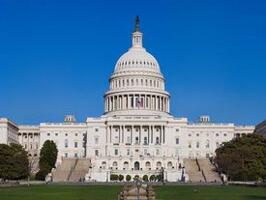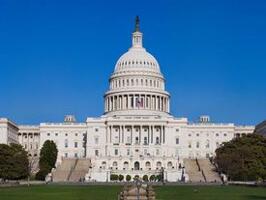47% Have Favorable Opinion of John Kerry
President Obama has nominated Massachusetts Senator John Kerry to replace retiring Secretary of State Hillary Clinton, and 47% of Likely U.S. Voters have a favorable opinion of the prospective new Cabinet member. A new Rasmussen Reports national telephone survey finds that 42% view the unsuccessful 2004 Democratic presidential candidate unfavorably.
These findings include 17% with a Very Favorable opinion of Kerry and 23% with a Very Unfavorable one. (To see survey question wording, click here.)
The survey of 1,000 Likely Voters was conducted on December 22, 2012 by Rasmussen Reports. The margin of sampling error is +/- 3 percentage points with a 95% level of confidence. Field work for all Rasmussen Reports surveys is conducted by Pulse Opinion Research, LLC. See methodology.



















